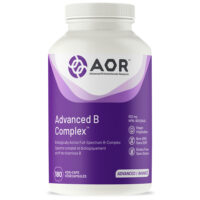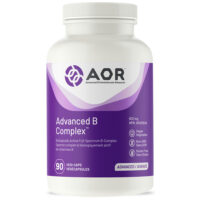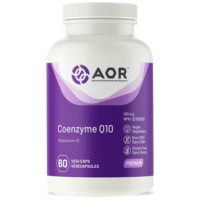Recently there was a strong debate questioning the validity of vegetarian diets. While studies have concluded that vegetarians are least likely to develop diseases as opposed to their counterparts, there is some concern as to whether or not children will receive the appropriate nutrients they need on a daily basis. The truth is raising children vegetarian is good for them.
As one doctor noted, the consumption of soy products containing protein and iron can be consumed via whole grains, dried fruit and nuts. In addition, vegetarians exhibit lower rates of cardiovascular disease, obesity and specific types of cancers.
Pediatricians also agree that eating vegetarian meals encompasses a complete nutritional diet. While the lack of B12 and vitamin D, which is found mostly in meats, a sufficient amount of protein and iron is part of the vegetarian diet. Parents can easily supplement their children’s diet with more fruits and leafy green vegetables, tofu, legumes, dairy products, soy milk, juices, whole grain cereals rich in fiber, yogurt, cheese, and nuts. All of these components contribute to the daily vitamin intake necessary to maintain a healthy life.
There was a time when vegetarians were in the minority. Now, this form of dietary consumption is more popular than ever before. With the recent problems concerning livestock and disease, more families are switching to vegetarian to ensure their families’ health. While adults choose to become vegetarians, it is often the case that children will follow suit. After all, they will eat what is placed in front of them and are completely unaware of other alternatives. Thus, they may remain vegetarians throughout adulthood as well.
As far as the medical community is concerned, as long as children are given a daily dose of vitamins and minerals, they have no qualms with parents raising children as vegetarians. In fact, with so many environmental issues coming to the forefront, being a vegetarian is probably the best way to keep your kids healthy and free from disease.







